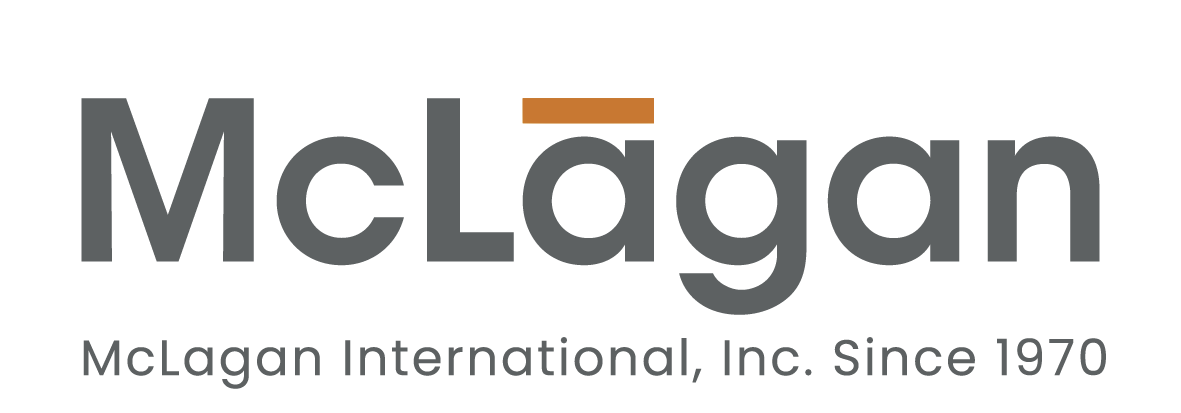What do YOU, the user, do about fake news? About manipulated and made up information, even slightly biased information, wherever it comes from?! This is a critical question to answer today. Our democracy is under attack and virus fears are weakening our defenses. Meanwhile, renegade propaganda is on the loose and exponentially spreading in social media and cable.
The media and big social platforms are asking themselves what to do about it – how and if to report what comes from one side or the other regardless of the facts. It is a media and Facebook or Twitter challenge, yes. But it is a challenge to us as USERS of information. The old Pogo retort applies: “We have met the enemy, and they is us.”
We can and must demand that all the institutional messaging parties – Republican, Democrat, media, platforms — share responsibility for educating, not polluting, the public – us. But we have to take it further – and look into our own gullibility. In the end, we are the consumers. We are the customers. And often, we are the vectors – the spreaders. Just as we demand product quality, so we must demand better information quality – and know it when we see (and don’t) see it.
Sadly, as advertisers know, information consumers are more likely to notice and remember information that activates the emotional parts of our brains. Jonathan Haidt in The Righteous Mind: Why Good People are Divided by Politics and Religion, says that messages of care or harm, fairness or cheating, loyalty or betrayal, authority or subversion, sanctity or degradation, liberty or oppression resonate at deep and shadowy levels in us. These emotion-arousing messages hack our brains in ways that facts don’t.
Daniel Kahneman, a psychologist who won a Nobel prize in economics (Thinking, Fast and Slow), exposes how irrational our decisions usually are. Linguists like George Lakoff (Don’t Think of An Elephant: Know Your Values and Frame the Debate) show us how our brains are captured by emotional appeals and emotion-tinted ways of presenting information. And brain scientists are discovering – through fMRI lenses – what our brains are doing when we are riled up, hooked, fed information in various distorted ways. There is a lot of activity, a lot of addictive-chemical release.
Researchers even have a name for the deliberate distortion of information in order to get what they want: behavior design, or persuasive technologies. It was formerly called “captology” by its originator B. J. Fogg, founder and director of the Stanford Persuasive Technology Lab (he has also written and warned about the ethics of its use).
Information selectivity and distortion are predictable, and because information is always filtered in some way, inevitable. But deliberate manipulation is becoming more common as politicians, advertisers and others continue to realize its huge benefits. To reap their rewards, they benefit from us being sheep-like, feeling that we are victims, being uninformed. Is that who you want to be and how you want to live?
It’s up to us to sharpen our ability to detect what’s fake – whether it is selective information, misinformation, disinformation, or full blown propaganda (listed in order of least to most flagrant distortion). Here’s what you can do NOW:
- Want to know the truth
- Find out where information comes from – the source
- Notice when your own biases are putting a halo or horns on something (your body will tell you: you’ll feel that jolt of dopamine that says you are being hooked). Then try to see things more objectively (not an easy task).
- Stop for a moment before you click any send button – asking yourself, “What is my intention here? Can I stand behind this information?”
Then, take some time developing yourself — updating your information processing and learning skills to match these fast-changing times. Artificial intelligence will soon bring even more message tailoring (behavior design; captology) to your virtual world. Upgrade your learning prowess now so you can find information you need, sort the wheat from the chaff, and turn what you are learning into something to better in your work and life. Prepare yourself to confidently face overload and attempts to hack your mind. Old school learning methods are not adequate in today’s information environment.
This is all about taking on your power and seeing through what is presented to you. It’s not easy, for it means pulling yourself off automatic, working through fears and various messaging allures, and turning on your conscious brain. It means questioning, challenging, and demanding something different from those who control the various information “bully pulpits” around you.
Information is increasingly the most sought after currency of power. We must all learn how to evaluate and use it. Otherwise we risk losing one of our most precious freedoms: our freedom of thought.
_________
Update your learning and information skills: Take the SMARTInside Online Course


0 comments on Your Role in FAKE News